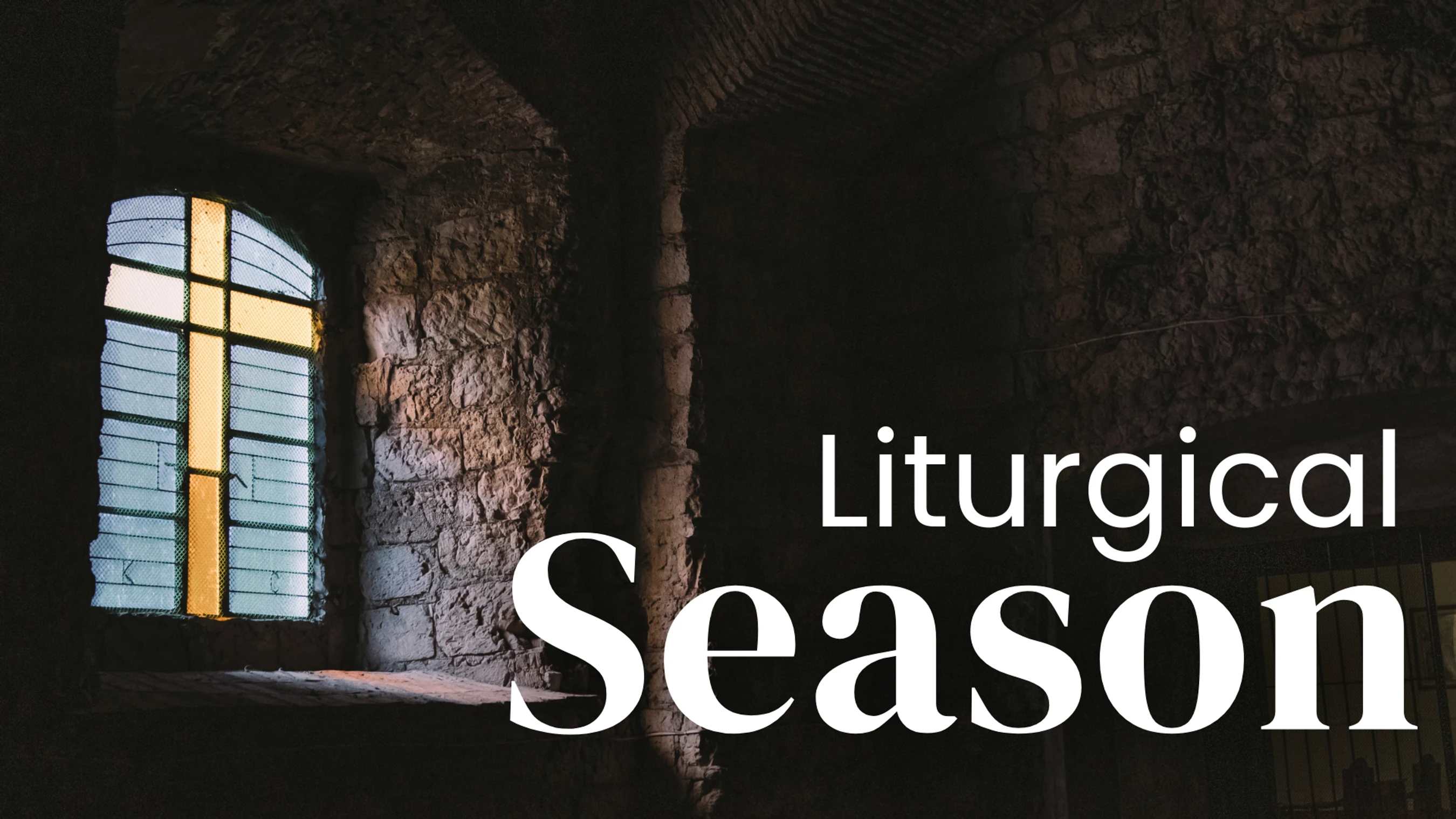The Vine
Anglican Church





Fear not, love all.
(1 John 4:18)
The Vine is an intergenerational worshipping community in and for Haywood County. We are following Jesus on a journey of hope from our brokenness toward healing, wholeness, and restoration through the ancient rhythms and practices of the Christian faith.
Our church meets in Clyde, North Carolina in Haywood County, between Waynesville and Canton.
The Season of Lent
Lent is a 40-day season of preparation inviting us to participate through prayer and fasting. The penitential (or “repentant”) tone of Lent invites us to reflect on our need for Jesus’ saving work on the cross: as we consider our sin and the death it brings, we grow in appreciation for Jesus’ death on our behalf.
Visit Us
Subscribe
Stay updated about upcoming events and updates, including our latest blog posts.



